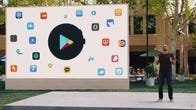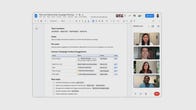Latest stories
Carbon freedom
Google plans to be carbon-free 24/7 by 2030. The company has implemented load shifting to move processing to the least environmentally onerous times. A new geothermal project will serve data centers. Dragonscale solar panels will work with it for heating and cooling.
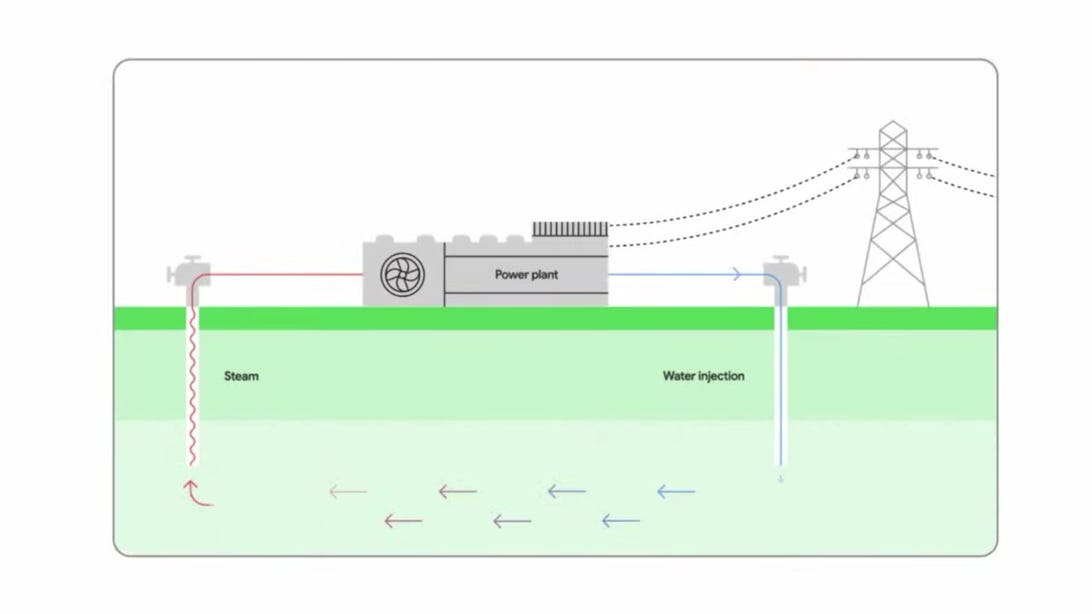
Project Starline
This nascent project gives video conferencing more of an in-the-same room feel, with life-size people generated by 3D imaging. And it seems like this is where its acquisition of lightfield imaging patents went.
Derm Assist
The AI answer to “what the hell is that thing on my skin.” Derm Assist will cover 288 conditions and be available in a browser. It’s launching in the EU by the end of this year.
Camera fixes its skin color issues
Cameras in general are notorious for handling the white balance of nonwhite faces terribly, and AI hasn’t much helped the problem. Google’s been working on better capture and computational photography algorithms for darker skin tones, curly hair and more. Updates will be coming to Pixel phones and the wider Android ecosystem in the fall.
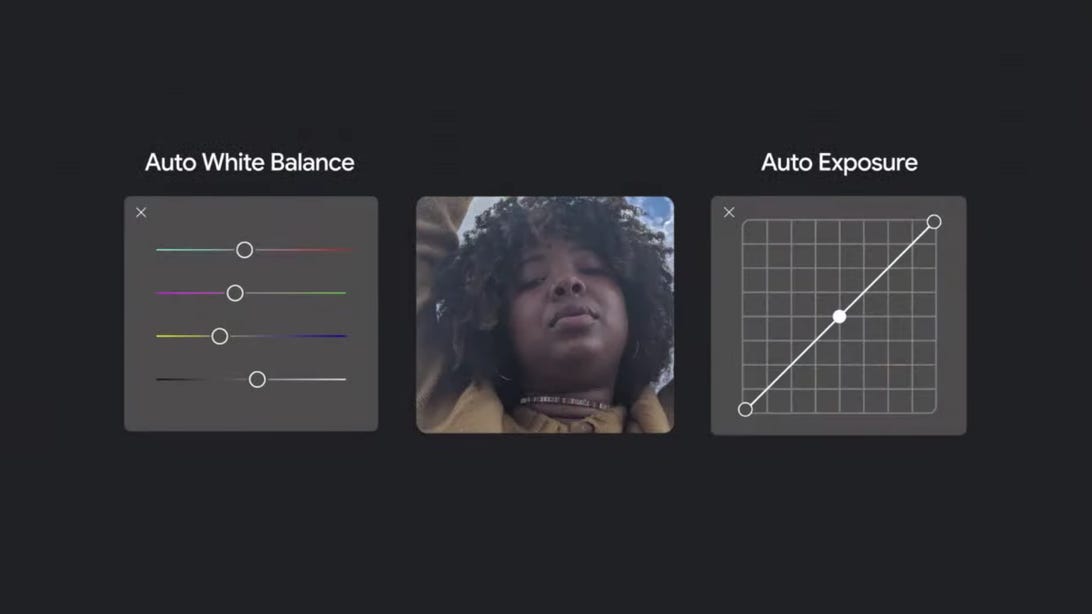

Wear OS updates
A partnership with Samsung and Fitbit integrations bring a ton of changes to wearables. Wear OS and Tizen are essentially merging for the best of both and cross-platform compatibility. It’ll give you better battery life, too.
You’ll also see a new streamlined interface that takes advantage of more Google… stuff… on your watch.
Fitbit brings health tracking and more of its popular capabilities to Wear OS and watches as well.
Android integrations
In pinch, you’ll be able to use your phone as a remote for your Android TV, Android Auto wireless and digital car key works via NFC and your phone.
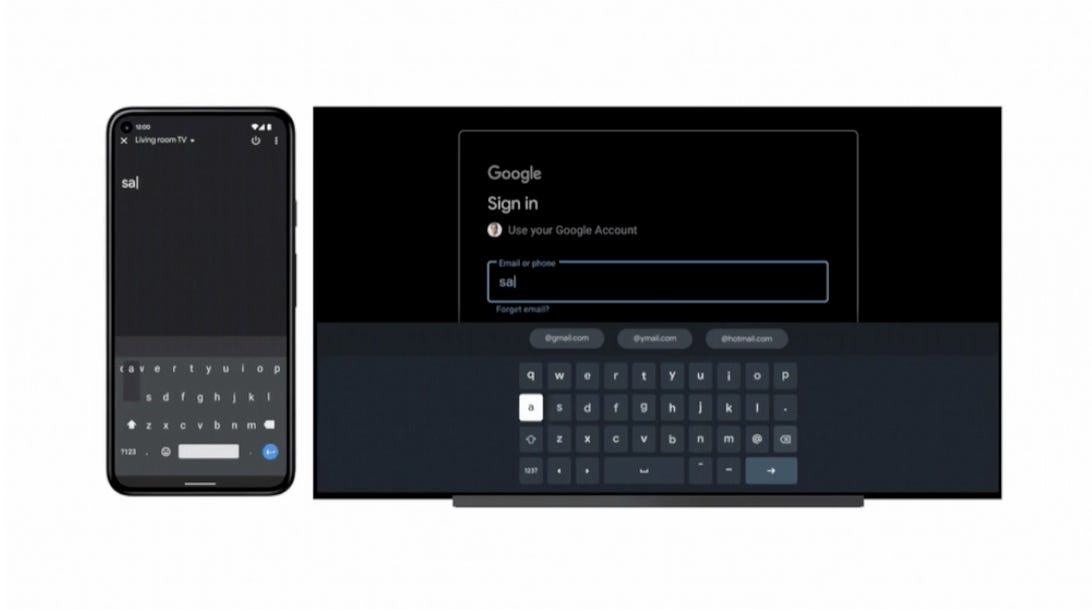

Hello Android 12
Set a photo as your background and the system will create a custom palette based on the colors in it and it uses the hues across the interface. It will be in Pixel phones first. Quick settings has been redesigned to include Google Pay and Home Controls. Performance of Google’s apps and the operating system, transition effects and more have been improved as well.
Material You lets you transform the look and feel of your apps by creating custom app-wide palettes according to rules that won’t ruin contrast and (hopefully) won’t be ugly thanks to designer input. It comes to the Pixel line this fall, but eventually will be available on all Google’s products.
Google’s centralized all the privacy controls for easy on/off, and quick settings let you immediately toggle camera and mic settings.
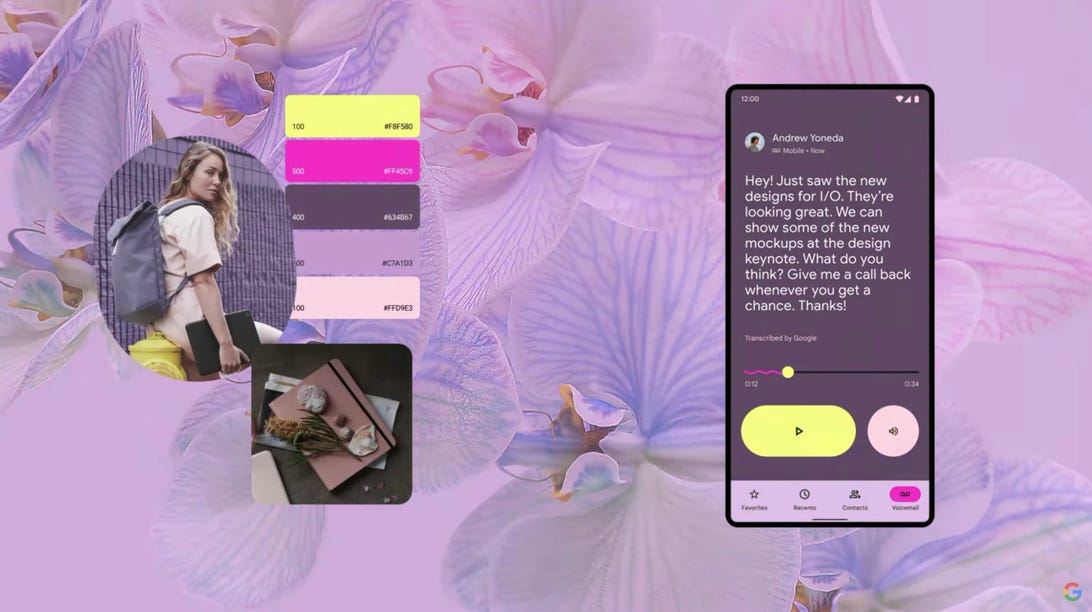

This is Material You.
Google/Screenshot by Lori Grunin/CNETLittle patterns in everyday moments
New in Photos, machine learning finds similar photos to generate pattern-based memories that it serves up to you privately. I wonder what it would do with my 40,000 cat photos.
Photos also expands its Cinematic Moments to generate moving pictures across any photos. Plus, Google’s working on giving you control over hiding people or time periods from your Memories.
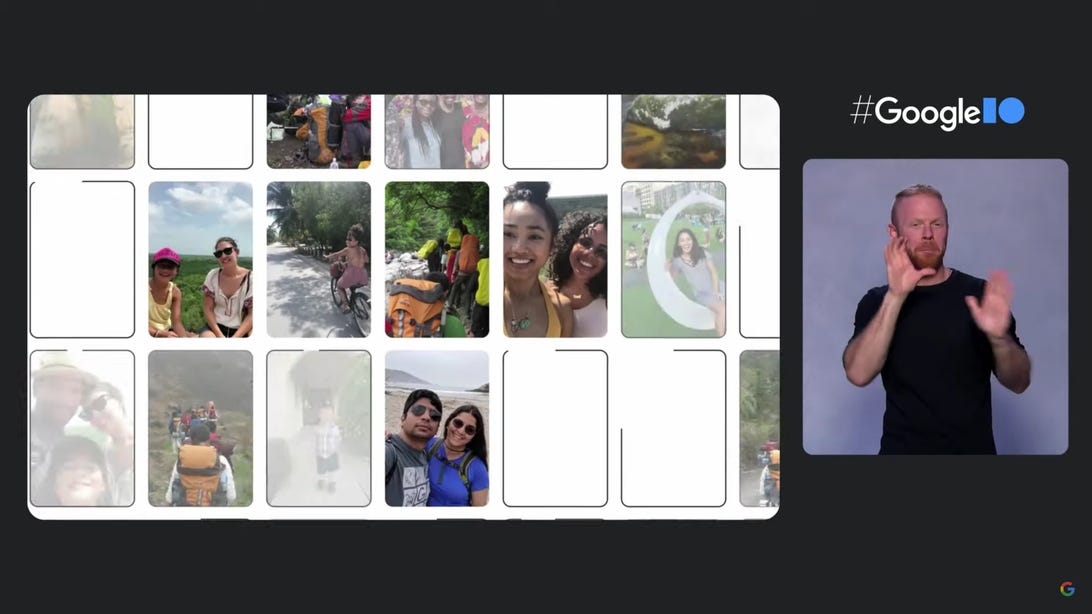

Shopping
In Photos, you can use Lens in a Photo to find places to buy stuff; the ability to shop from videos is on the way. And for the drop-marketing bedeviled, it can show you a bunch of saved carts. It will be able to send you price drop notifications and automatically apply perks (like discounts) that apply to you.
Google’s partnering with Shopify to bring you a ton more merchants within Google Shopping, as well.
Smarter Maps
Via AR, in Google Maps’ Live View you’ll see big virtual street signs, it will point towards key landmarks and hotels and provide indoor navigation (first to New York and Zurich). Maps will have more detailed info that’s time and location sensitive. Area Busyness will show you how busy an area is before you set out and get trapped.
Is it true that?
Google’s seen a spike in searches starting “is it true that?” The company’s About this result context for search results will be rolling out worldwide.
AR
Now loading: AR versions of athletes such as gymnast Simone Biles, below, performing their tricks in your backyard.
Handling complexity
We received detailed updates on AI updates. For instance, Google Lens will be able to provide better info; the example we got was receiving learning resources in another language when you snap a photo of a science problem.
Privacy and security
New password tools include a password importer from other applications, deeper integration across Chrome and Android, password alerts for breaches and a quick-fix feature in Chrome which takes you to compromised accounts to change password.
You’ll find new privacy controls in apps, such as a quick way to delete recent search history, ability to quickly turn off location history in Maps and locked folders in Photos.
The Quantum AI campus
We got a walkthrough of Google’s futuristic quantum computing facility from Ant Man’s Michael Peña. It’s the place where quantum computers live in the cold, wrapped in a “Bob Ross blanket of love.” Error-corrected quantum computers are the next hurdle. The company hopes to have a real quantum computer by 2029 targeted at large-scale business calculations.
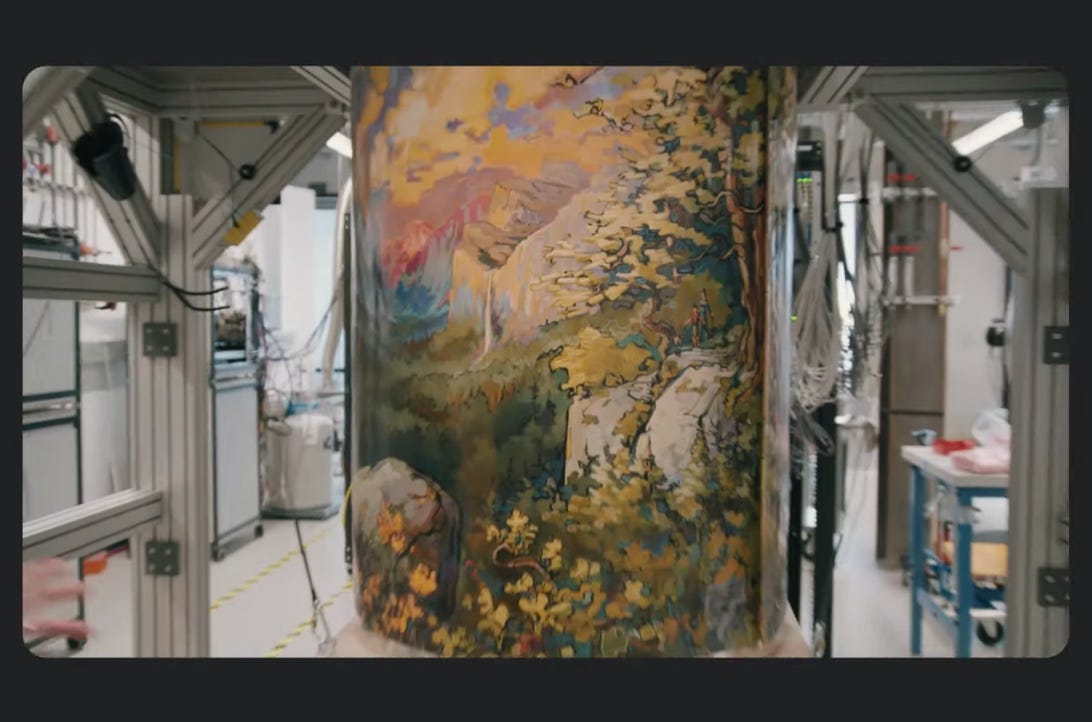

Get Tensor
A new V4 TPU boasts 4,096 chips per pod and dozens of pods in a TPU, 10x more interconnect bandwidth than currently available. 1 ExaFLOP! And Google claims at or near 90% carbon efficiency in its data centers.
Google will let you talk with planets
The new LaMDA AI platform applies its knowledge of subjects to deliver better contextual results, suggestions and answers, as well as more natural conversations. It’s just in beta now, since it can also be the place where conversation ends, but the infrastructure pervades all Google’s products.
Google Search
Better AI = Better search results from natural language queries. Yay!
Work from home
An update to Google Workspace dubbed Smart Canvas uses more AI for language suggestions, and idea sharing via Google Meet integration — it integrates into Docs, Sheets and Slides.
Google Meet is getting a companion mode later this year; it will also now use AI to automatically zoom camera views for best face display and provide custom views.
And Google Meet will be available to everyone, not just enterprise users.
Google Maps
New eco-friendly routes for the more fuel-efficient routes and safer routing based on road, weather and traffic conditions.
COVID info
The keynote started with info about how Google has worked to help make accurate information about the pandemic more available to all.
























